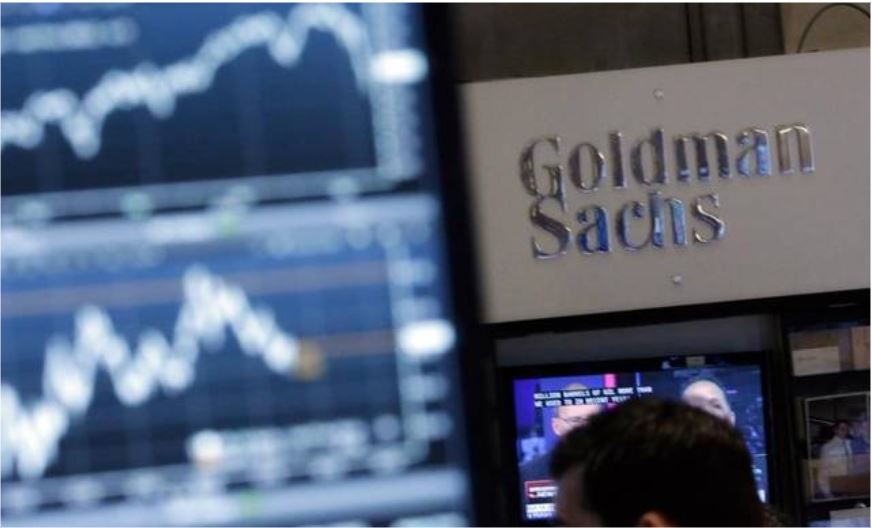BY PHIL ANGELIDES
Special to The Bee
The U.S. Department of Justice last week announced with great fanfare a settlement under which Goldman Sachs would ostensibly pay out more than $5 billion for misconduct related to its sales of mortgage securities to investors in the run up to the 2008 financial crisis.
It’s now clear from a review of the settlement that Goldman Sachs likely will pay much less in penalties than the Justice Department claims, due to special credits included in the deal and, unbelievably, tax deductions Goldman Sachs will receive for payments it makes under the settlement.
Disturbing as this may be, what’s most troubling is that this settlement agreement – like previous deals between the Justice Department and big financial institutions – contains no consequences for the executives who drove or condoned wrongdoing. As a result, it will not deter future financial lawbreaking and will further undermine the public’s faith in the fairness of our legal system.
In September 2010, at a public hearing held in Sacramento, the Financial Crisis Inquiry Commission released key evidence it had obtained that showed that major financial institutions, including Goldman Sachs, included significant numbers of clearly defective loans in mortgage securities they were peddling to investors and then misled investors about the quality of loans in those securities.
The commission referred this matter to the Justice Department for further investigation and, if warranted, prosecution. In its final report to the president and Congress, the commission noted that the conduct engaged in by these financial firms raised serious questions about violations of federal securities laws.
Citing the commission’s evidence, the government obtained more than $40 billion in fines from 18 major financial institutions, including Goldman Sachs – fines that will be paid by shareholders (read: your pension fund or mutual fund). Yet, stunningly, more than five years after the commission’s evidence was made public, the Justice Department has not named one single executive in any civil or criminal action or otherwise held any individuals accountable for the conduct that led to those fines. The Goldman Sachs settlement continues this shameful practice.
How is it possible that banks engaged in such massive misconduct, but no banker was involved? Is it possible that we have witnessed an immaculate corruption? It defies common sense.
The Justice Department’s failure to punish wrongdoing at major financial institutions stands in stark contrast to its vigorous prosecution of more than 2,700 individuals at the local level – mortgage brokers, borrowers, appraisers – who were small cogs in the corrupt mortgage machine.
The U.S. Attorney’s Office for the Eastern District of California has prosecuted more than 300 mortgage fraud cases, but at the news conference announcing the settlement, U.S. Attorney Benjamin Wagner reportedly indicated that his office is not conducting a criminal probe of Goldman Sachs – even though more than five years have passed since evidence of malfeasance was first made available to the Justice Department and the 10-year statute of limitations will soon expire.
Apparently, if someone lies about 10 mortgage loans, they will face the full force of the law. If someone lies about hundreds of thousands of loans, then they can count on the shareholders of their company to pay their way to exoneration.
Goldman Sachs’ stock closed up the day the settlement was announced. That says it all. Our financial system, our legal system and our democracy deserve better.
Phil Angelides, former California state treasurer, served as chairman of the Financial Crisis Inquiry Commission, which conducted the nation’s official inquiry into the financial crisis. Contact Angelides at pa@angelides.com

